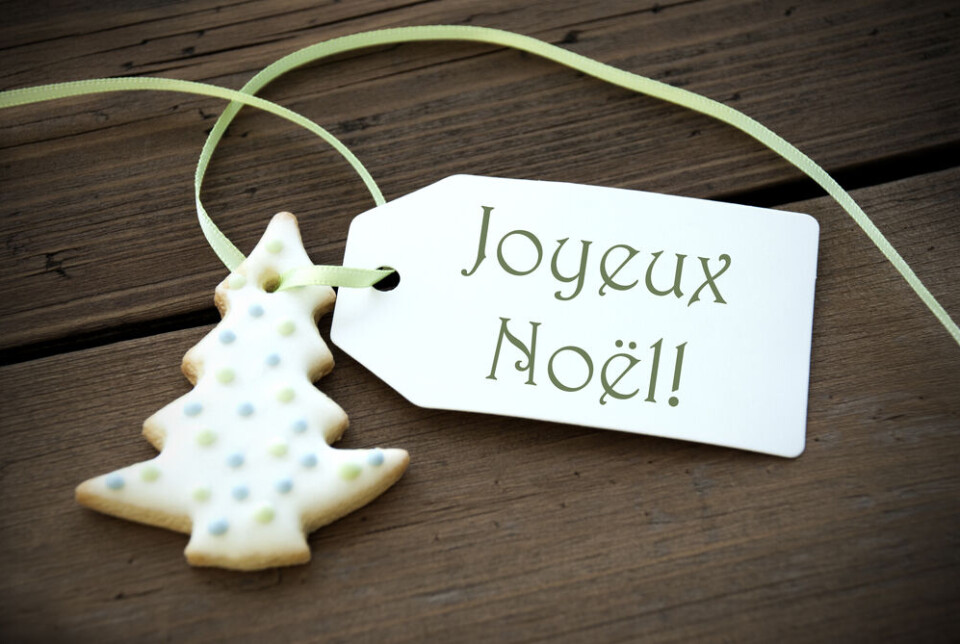-
The origins and meaning of rire jaune
A colourful expression for forced laughter
-
Is the French language in decline?
Newspaper headlines often focus on a supposed ‘decline’ of the French language - we look at whether it is true
-
Films and series to watch in January 2026 to improve your French
France is a hub of talent when it comes to film and TV, and watching in French can greatly improve your language skills
Broaden your Christmas vocabulary with these festive French phrases
If you are ready to move on from the basic ‘Joyeux Noël!’ take a look at these yuletide expressions

This is such a wonderful time of year, but one in which misunderstandings are rife when speaking with French neighbours.
Most of us have got to grips with Joyeux Noël, so wishing someone a Merry Christmas is straightforward, until you are confronted with Bonnes Fêtes!.
You might already know that faire la fête is ‘to have a party or celebrate’, but in December bonnes fêtes is bandied around whether you are planning an event or not.
It is rather like the American ‘Happy Holidays’, a wish that you will enjoy all your festive celebrations.
Read more: 5 French films to watch in December to improve your French
Christmas Eve traditions in France
Next up, be prepared for questions about your plans for le réveillon (ray-vay-yon), which typically relates to New Year’s Eve dinner, but can also refer to Christmas Eve.
Remember that many French families still have a traditional dinner of several courses on December 24, often followed by a church service, concluding with gifts after midnight.
This sounds like a recipe for disaster for excited children – giving them toys, then sending them to bed! – but waking at 05:00 on the 25th is probably not much better.
Saint celebrated on New Year’s Eve
You might also be asked Où passez-vous la Saint-Sylvestre? This is a shortened version of le réveillon de la Saint-Sylvestre.
The official feast day of 4th-century pope Saint Sylvester is December 31, so really this person is asking: ‘What are your plans for New Year’s Eve?’
Read more: What is Saint Nicholas Day celebrated in France on December 6?
Listen out for this phrase if you want gift wrapping
Finally, remember that the French do not give (donner) presents, but instead use the verb offrir.
Consequently, mon père m’a offert €100 is often misinterpreted as ‘my father offered me €100’.
English speakers might understand from this that the money was offered but not accepted.
The phrase actually means ‘my father gave me €100’.
This also explains why, when a salesperson asks c’est pour offrir?, they are inquiring if your purchase is intended as a gift.
If it is, they might even gift-wrap it for you – and usually do a far more impressive job than the rest of us.
However you plan to celebrate this year, bonnes fêtes to you and yours.
Related articles
What are Christmas deadlines for packages to UK and US from France?
Why British Christmas pantomimes are loved by French audiences
























